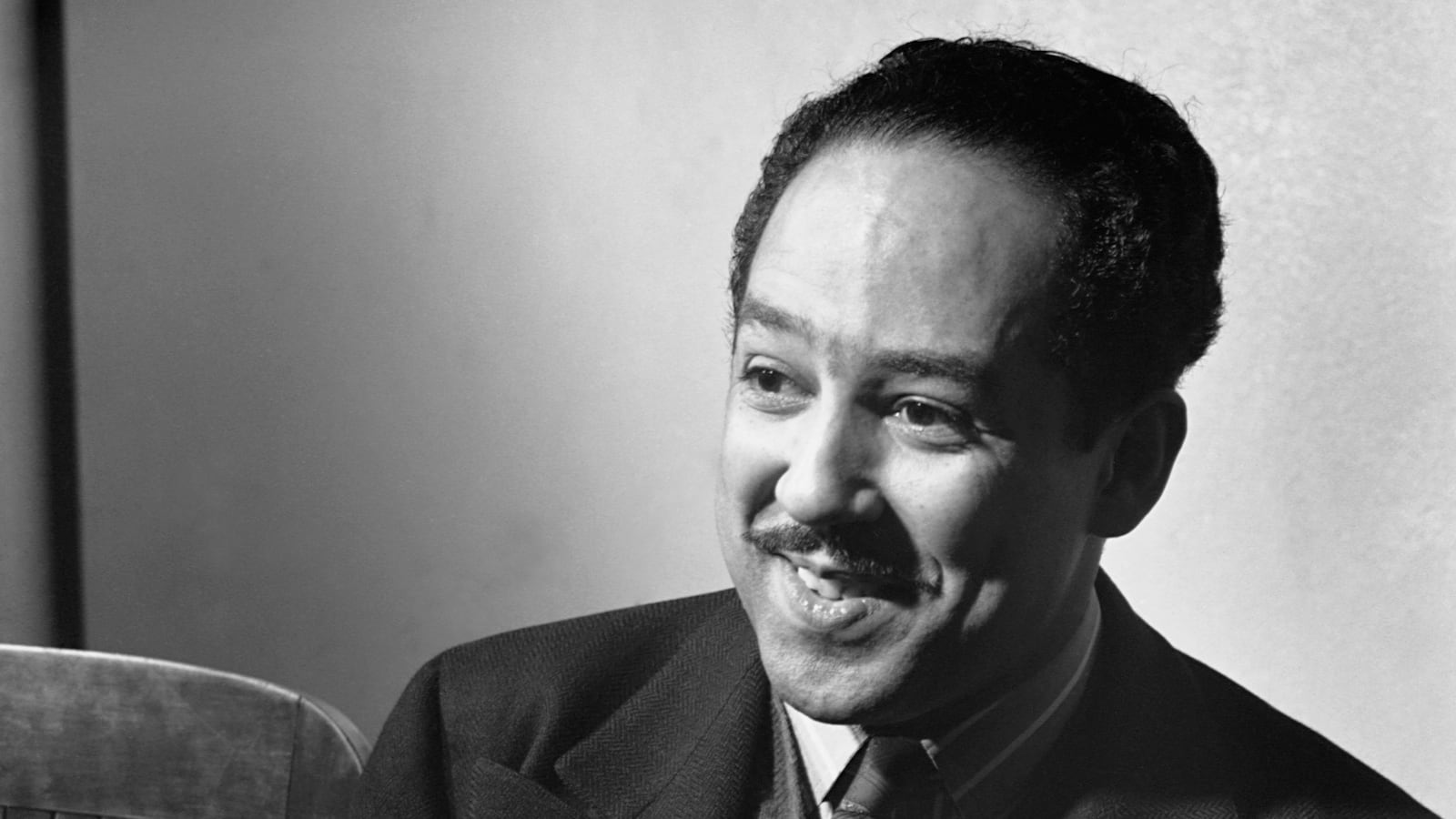We know Langston Hughes—the Kansas City boy who grew up to become one of the most beautiful voices of his generation—from his lyrical poetry, pulsing with all those dreams deferred and those soul-deep rivers. But Hughes was also a prolific and enthusiastic writer of letters, from his missives home during college years at Columbia University to his correspondence at the height of his fame with the likes of Martin Luther King Jr. and Muhammad Ali.
Now, the poet’s epistolary musings have been gathered into a fine book of selected letters, where one can read his advice to fellow African-American luminaries like Richard Wright and James Baldwin, along with his intimate conversations with family and friends. And buried deep in the book is Hughes’ curious back-and-forth with Ezra Pound.

The American expat poet is now more synonymous with his craven fascist broadcasts for Mussolini’s Italy (and his 1945 arrest for treason), but at the time of Hughes’s letter, Pound was a pioneer in the modernist movement—he was T.S. Eliot’s most important reader-editor for “The Waste Land”—and apparently quite interested in bringing the study of African history and heritage onto the syllabi of Howard, Fisk, and Tuskegee universities back in the States. In this letter, one of several between the two poets in the book, Hughes discusses the German ethnologist Leo Frobenius, whose detailed research helped introduced African art and mythology into Europe, and he includes a line of praise for Pound’s own insistent lines.
TO EZRA POUND
On tour
837 East 24th Street
Los Angeles, Calif.
April 22, 1932.
Mr. Ezra Pound
Via Marsala 12 Int. 5
Rapallo, Italy.
Dear Mr. Pound:
I am sorry to have been so long about answering your letter but I have been on a lecture tour of the South all winter. I was very much interested in what you had to say about Frobenius. Certainly I agree with you about the desirability of his being translated into English and I have written to both Howard and Fisk Universities concerning what you say and |am| sending them each a copy of your letter that was sent to Tuskegee.
Tuskegee is a very wealthy industrial school but I am afraid they have little inclinations toward anything so spiritually important as translations of Frobenius would be to the Negro race. I am enclosing here the letters with which Howard and Fisk have answered me. So you can see what they seem to think about it. They are our largest and most important Negro Universities.
Some weeks ago I sent you my books in care of INDICE. I hope you have received them.
I have known your work for more than 10 years and many of your poems insist on remaining in my head, not the words, but the mood and meaning, which, after all, is the heart of a poem. I never remember 10 consecutive words of anybody’s, not even my own, poems.
Thank you for bringing this great German’s work to the attention of American Negroes. I hope something will come of your suggestion and if I can do any more about it I assure you that I will.
Very sincerely yours,
Langston Hughes






